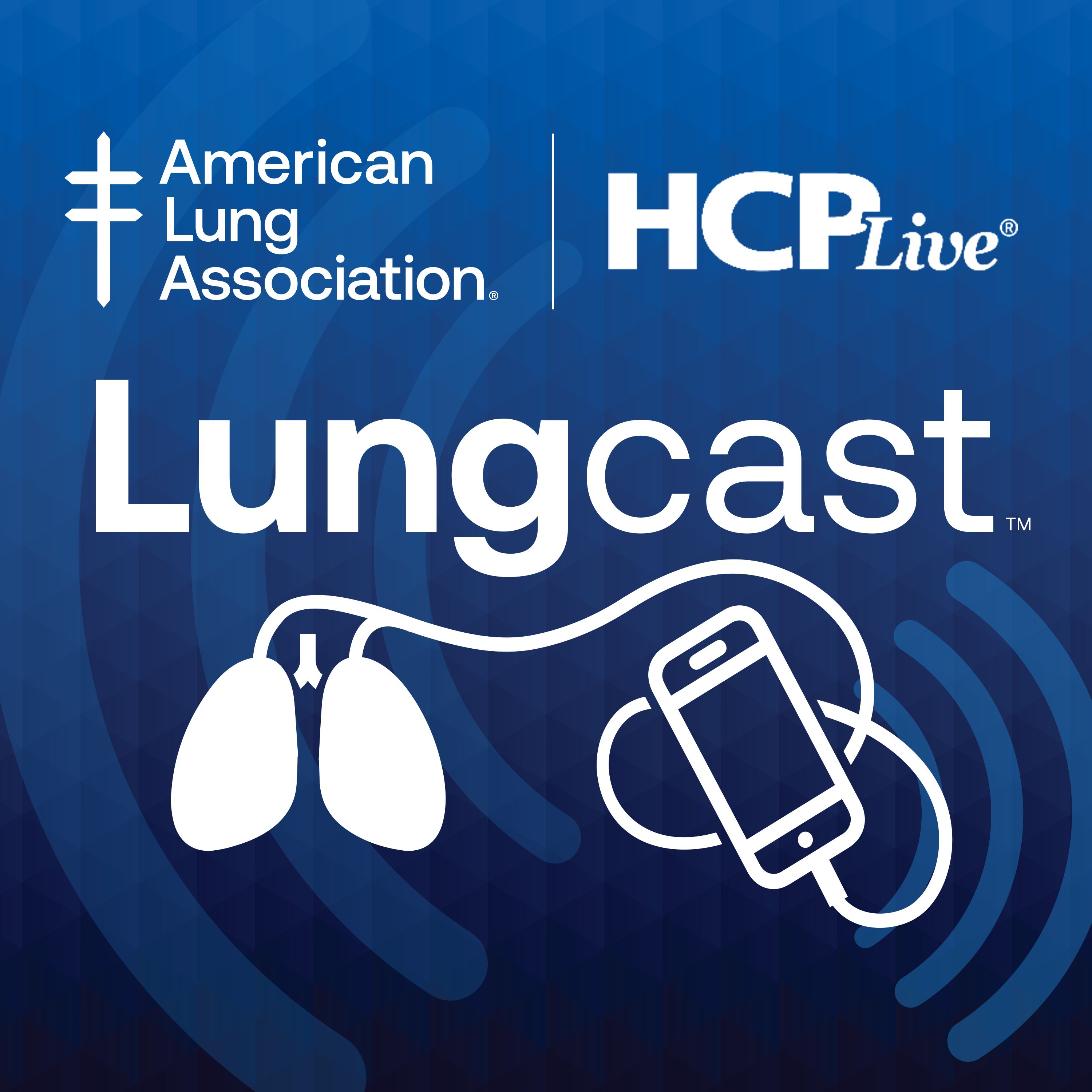Video
The Mental Health Journey With Sickle Cell Disease
Author(s):
A patient with SCD and his mother discuss their mental health journey with sickle cell disease and resources that helped them.
Ifeyinwa Osunkwo, MD, MPH: I want to ask Jamaal and Sherry to comment on what they think. We’re the providers, and we see things from our perspective. We heard Cassandra talk about the trauma, the suffering, and the pain. Jamaal, do you agree with what Dr Wally Smith said about PTSD [post-traumatic stress disorder], that it’s this repeated onslaught of, “Is it now? Is it now?” The fear, the anxiety, the depression: Is that something you identify with? Do you think that’s something that happens in sickle cell disease? What are your thoughts?
Jamaal Bailey: Yes, I do think it’s something that happens in sickle cell disease. I’ve expressed to Dr Smith and the team many times that I was depressed, not knowing when it’s going to happen. They’ve helped me with that. They’ve sent me to counseling and psychologists. I do agree with that.
Ifeyinwa Osunkwo, MD, MPH: Thank you, Jamaal. What about you, Sherry?
Sherry Bailey: Yes, I agree. I’ve been depressed and stuff, but I just didn’t get help. I dealt with it on my own. I prayed a lot. I had church members also help me with that. I didn’t seek counsel or help. I had my church family members help me pray through the depression. I felt lonely, but they prayed for me, and I prayed for myself. I came through it. I had to be there for Jamaal. I couldn’t let him see me go through that, so I smiled and hid the pain from him. But looking back, with him and myself, it was a lot that I dealt with. But I knew I had to be strong for us. I didn’t get help. I don’t know why I didn’t get help. Back then, I didn’t really have the same resources. I had good doctors, but they didn’t talk to me about a lot of this, like when I was starting to go to Dr Smith.
I did have a very good doctor. He gave me pain medicine and folic acid and all that, but he didn’t ever sit me down to tell me how to deal with sickle cell disease. I had to learn that on my own. It was a lot. But as I got older and I was going to CHKD [Children’s Hospital of The King’s Daughters in Norfolk, Virginia] with them, I learned a lot. When I was first diagnosed, they had seminars about sickle cell disease. That helped me too. I used to go with my mom and learn about sickle cell. With the doctors that Jamaal had when he was growing up, they explained a lot of stuff about sickle cell. I mostly learned about sickle cell from the doctors. I had a team that directed me and guided me through with Jamaal, and I was thankful. I learned a lot from that. As I said, I went through depression, but I didn’t let anyone know about it. I was sad a lot, but I kept my smile because I had to.
Ifeyinwa Osunkwo, MD, MPH: Because you’re a strong woman. As Jamaal gets older, we’re learning more. I don’t think we knew as much about the quality-of-life issues that patients with sickle cell experience. But in the past 10 or 15 years, we’ve learned so much more about this PTSD-like issue, that there’s this fear of, “Is it now? Is it now? Is it now?”
Thank you very much for watching this HCPLive® Cure Connections®. If you enjoyed the program, please subscribe to our e-newsletter to receive upcoming programs and other great content right in your in-box.
Transcript Edited for Clarity





